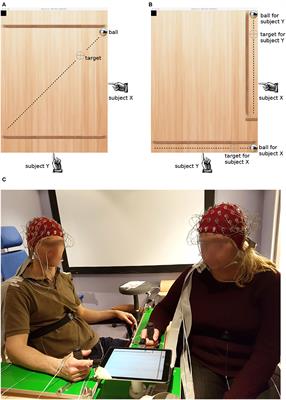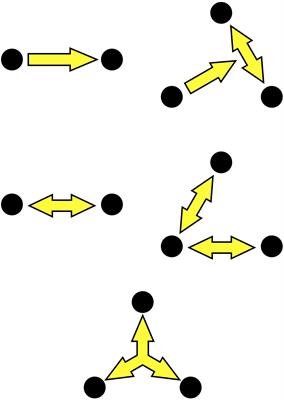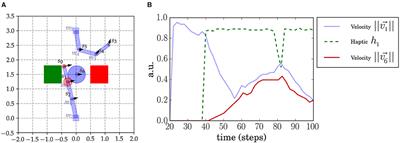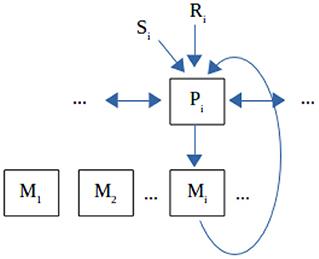EDITORIAL
Published on 08 Jul 2022
Editorial: Sensorimotor Foundations of Social Cognition
doi 10.3389/fnhum.2022.971133
- 1,367 views
30k
Total downloads
171k
Total views and downloads
Select the journal/section where you want your idea to be submitted:
EDITORIAL
Published on 08 Jul 2022
ORIGINAL RESEARCH
Published on 05 Nov 2021

HYPOTHESIS AND THEORY
Published on 15 Sep 2021

ORIGINAL RESEARCH
Published on 01 Sep 2021

OPINION
Published on 24 Aug 2021

BRIEF RESEARCH REPORT
Published on 24 Feb 2021

ORIGINAL RESEARCH
Published on 12 Nov 2020

ORIGINAL RESEARCH
Published on 06 Oct 2020

OPINION
Published on 10 Sep 2020
BRIEF RESEARCH REPORT
Published on 04 Sep 2020

HYPOTHESIS AND THEORY
Published on 14 Aug 2020

ORIGINAL RESEARCH
Published on 17 Jul 2020


Frontiers in Psychology
Frontiers in Robotics and AI